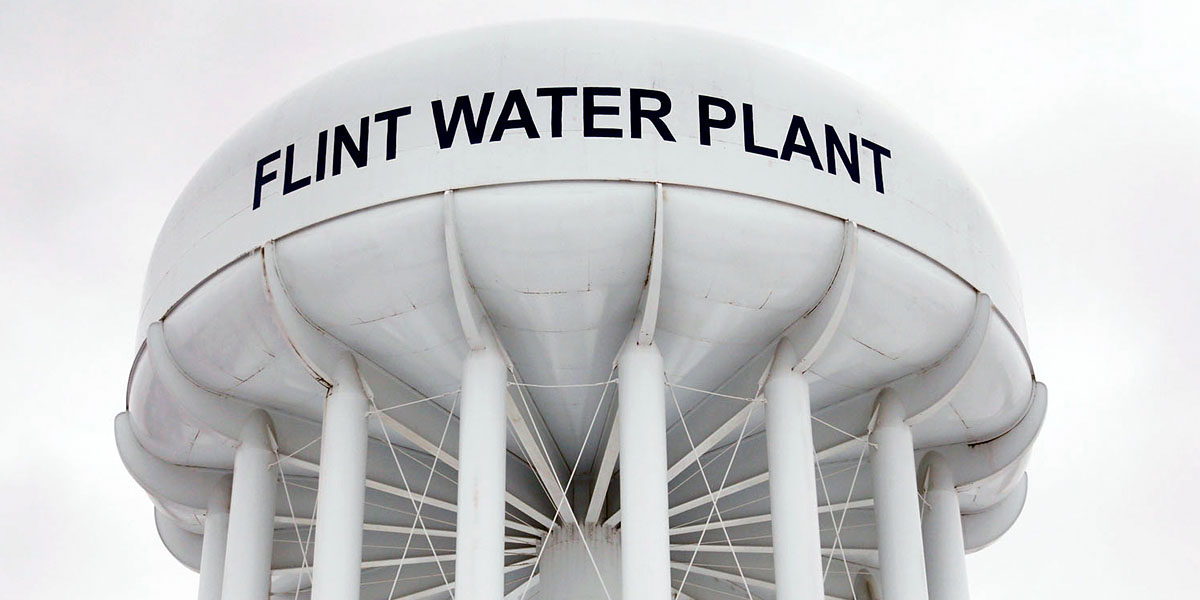

By Nika Knight
The state of Michigan has declared that Flint’s drinking water “meets all federal water quality standards,” ending a program Wednesday that reimbursed residents for most of their water costs in the wake of the lead crisis.
Yet Flint residents still can’t drink the water and the announcement was met with outrage.
1,700 #Flint Residents File Class-Action Lawsuit Against the EPA https://t.co/IhzKJeqKfv @foodandwater @waterforpeople
— EcoWatch (@EcoWatch) February 1, 2017
“They want to make it look like they’ve resolved this thing, that it’s fixed,” Tim Monahan, a carpenter who survived Legionnaires’ disease caused by the poisoned water supply, told the Washington Post. “It’s been three years and we still can’t drink the water.”
Republican Gov. Rick Snyder has appeared eager to declare the water safe. Yet the New York Times reported weeks ago that while the water supply now meets federal standards, because the aged lead-tainted pipes have yet to be replaced it is still not safe to drink.
Residents have also been skeptical of state officials’ claim that the water does, in fact, meet federal regulatory standards.
“They’re not telling the truth about the water testing,” Melissa Mays, a community advocate with Water You Fighting For, told NBC. “They’re saying they’re in compliance, but everyone here has had to learn the Lead and Copper Rule and they’re not. People are still testing way high for lead, as well as bacteria that the state’s not even looking at.”
At a news conference, Flint Mayor Karen Weaver argued that the state should continue to reimburse residents for their water until they can safely drink it without purchasing a filter. “This is a trust issue, that’s what it is,” said Weaver, according to the Post. Weaver also criticized Michigan officials for giving residents short notice that the water bill credits were coming to an end.
Today Flint residents are paying full price for poison water and the mayor cancels her open office.
?: Activist Lisia #FlintWaterCrisis pic.twitter.com/uXz9UFCBdf— Mari Copeny (@LittleMissFlint) March 1, 2017
Last year, officials came under fire for threatening to shut off the water supply to Flint residents who were behind on their bills.
Reposted with permission from our media associate Common Dreams.

 233k
233k  41k
41k  Subscribe
Subscribe 